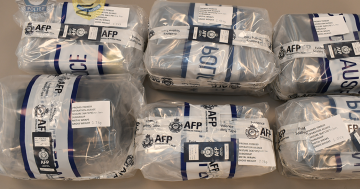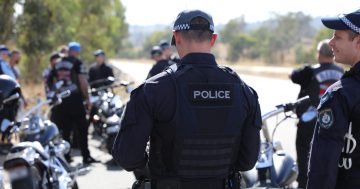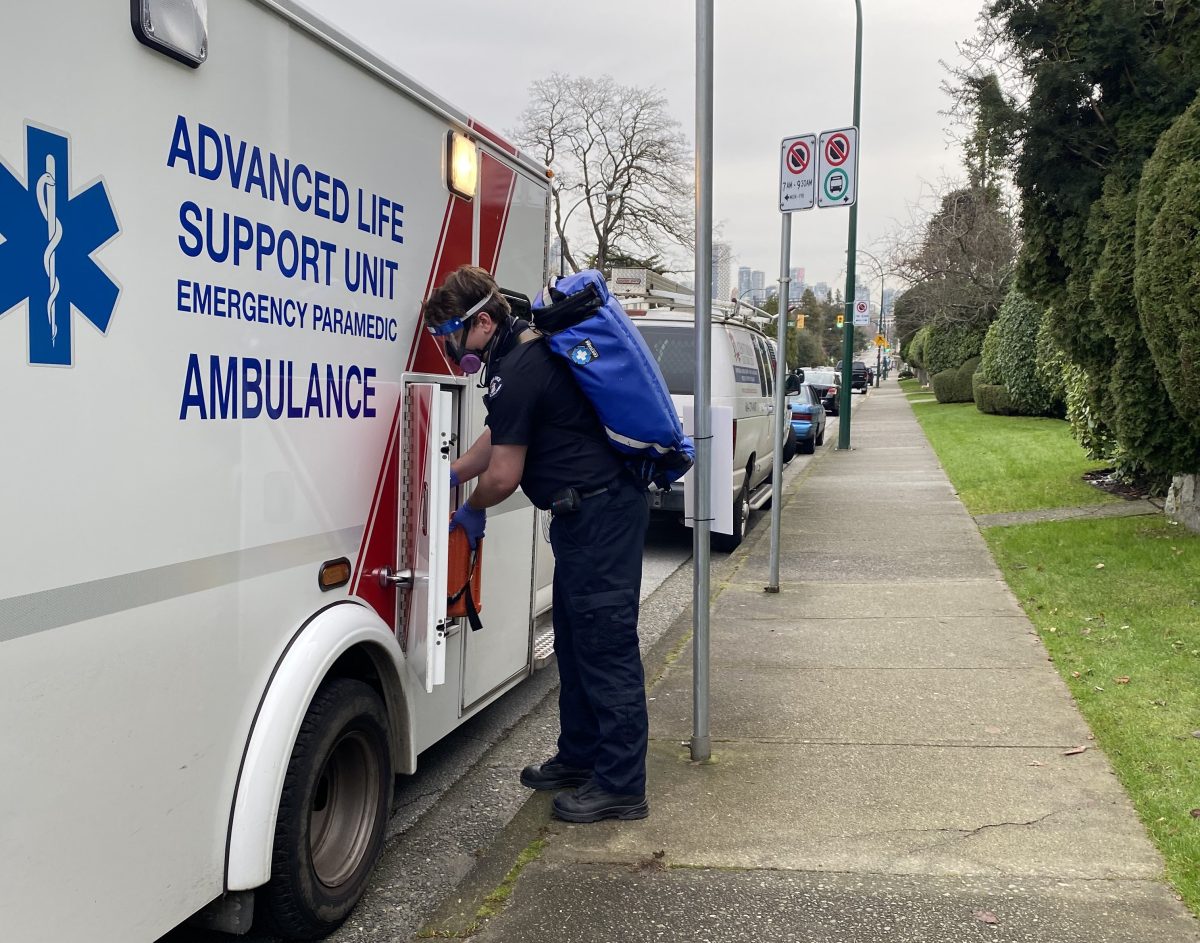
Richard Armour worked in BC from September 2017 to April 2022, and during his last couple of years was a provincial practice lead for substance use and harm reduction for paramedics. Now he regularly consults his old colleagues for his PhD at Monash University, which focusses on matters around decriminalisation and paramedic management of substance use. Photo: Richard Armour.
On 28 October, the ACT will be the first jurisdiction in Australia to decriminalise possessing small amounts of the most commonly used illegal drugs. The change in legislation has garnered a great deal of support and concern in treating substance use as a public health matter rather than a criminal justice issue.
More regions around the world are adopting the novel approach, including the Canadian province of British Columbia (BC). From 31 January this year until 2026, adults (18 years and over) in BC cannot be charged for having 2.5 grams or less of any combination of certain illegal drugs.
While decriminalisation has only been in effect for a short time, frontline workers on the ground have seen an improvement in the culture around substance use.
Richard Armour was a paramedic in Vancouver, but now works in Australia. Although his views do not represent that of British Columbia Emergency Health Services, he says decriminalisation hasn’t solved the crisis.
“Similar to the ACT, the amount limits in the laws are fine for someone on a weekend bender, but not for people who are chronic users,” Richard says. “It just means they’re going to have to buy the drugs more frequently, and engage in the risky behaviour which the law wanted to discourage.
“We’re certainly seeing people being more open about what substances they’re using or how much they’ve been using. As well as a willingness for people to reduce their usage while alone, which is a big contributor to drug-related mortality.
“But we haven’t really seen the reduction in overdoses that I think some advocates for decriminalisation were hoping for. It makes sense as they’ve done nothing to address the unregulated supply issue, which is the real problem at the moment in North America.”
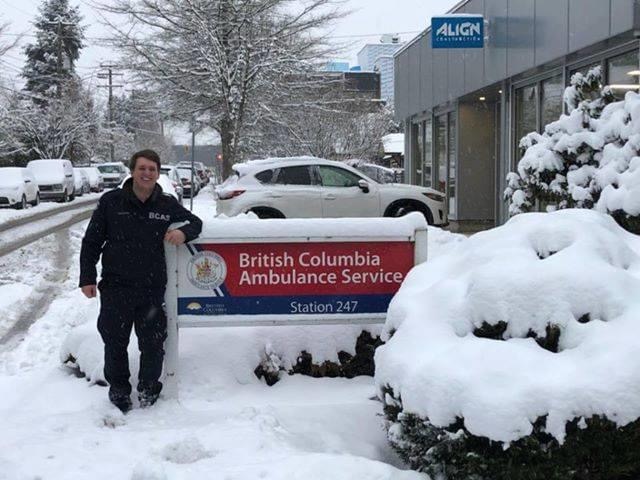
“There’s still some historical trauma associated with criminalisation of substance use so there’ll probably be some reluctance to engage with services. That will be a generational change we’ll have to work through,” says Richard Armour. Photo: Richard Armour.
Deaths from overdose have exceeded the road toll in Australia since 2014. But in BC, overdose deaths each year outnumber the combined total of fatalities from motor vehicle crashes, drownings, fire-related deaths, homicides and suicides.
In both countries, overdoses mostly involve opioids, which they use the medication naloxone to save those experiencing one. Since 2012, BC has run the successful take-home naloxone program, which allows any member of the public to possess the medication and be trained in providing it.
But in April 2016, the province still declared a public health emergency after a spike in substance-related deaths.
Richard says things took off “precipitously” from there.
“It’s very difficult to know what’s in the substances and their concentrations, even with widespread drug testing. That’s really what’s driving a lot of the morbidity and mortality.
“They’ve moved past calling it the opioid crisis, because it’s now a toxic drug supply crisis.
“We went from a small amount of fentanyl causing a lot of problems in 2016, to now in 2023 where nearly half of the anticipated opioids tested have a benzodiazepine or xylazine in it.”
The province has set up almost 50 supervised consumption facilities staffed with nurses and people with lived or living experience of substance use. Employees are trained to manage overdoses and provide broader social needs such as housing or finance, along with drug testing which can also be done via a mail-in service.
Despite these harm minimisation strategies, Richard says the province is struggling to keep up with demand and is now moving towards regulation of the drug supply to increase its safety. He believes Australia may fall into the same troubles.
“Australia is in a period with an ever-closing window to be able to try and implement some of these things before they cause significant harm that we’ve seen in other jurisdictions.
“But if someone flicked the switch tomorrow and the majority of heroin was suddenly fentanyl … I don’t think we’d be ready to respond to that crisis.”
Richard believes most paramedics are behind the concept of decriminalisation, and the ACT’s new laws are a step in the right direction to providing more equitable service delivery and safe substance use. But he says frontline workers shouldn’t expect the change to solve all the issues.
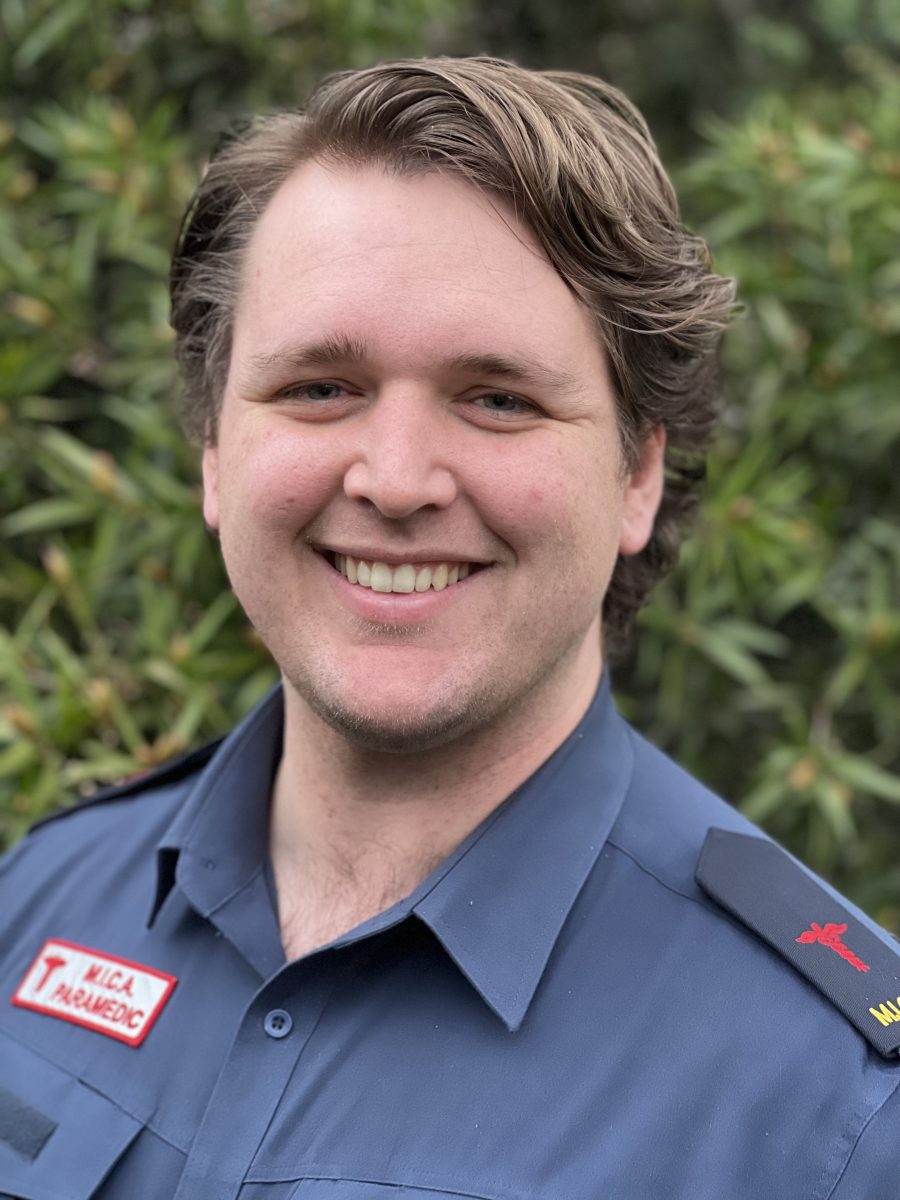
“We’ve seen plenty of sensationalised stories from the US about law enforcement officers coming into contact with unknown substances they think is fentanyl and self-administering naloxone. Remain assured that this is a biological impossibility. You’re not in danger as long as you don’t ingest the substance,” says Richard Armour. Photo: Richard Armour.












